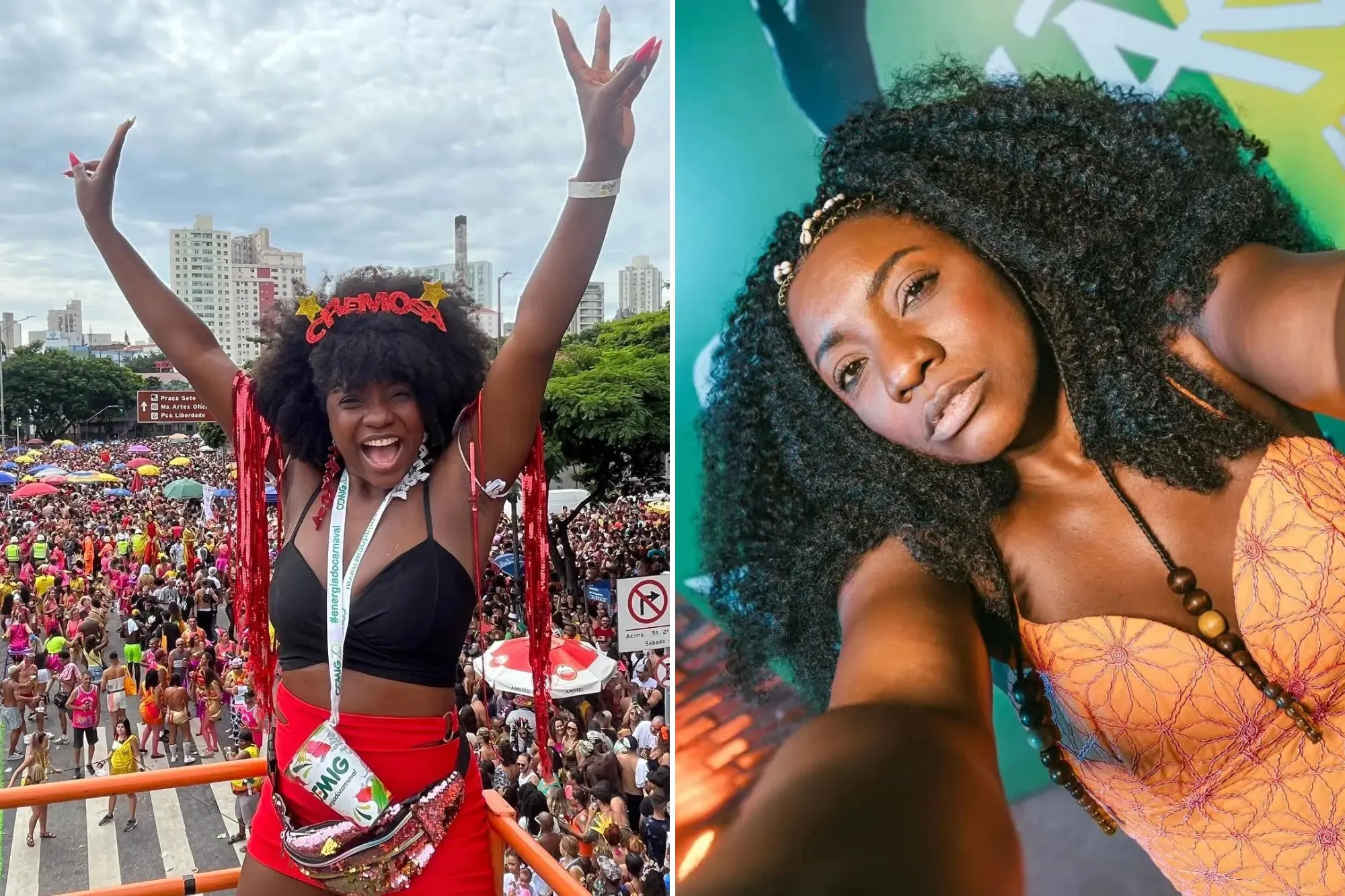Singer Adriana Araujo dies from brain aneurysm just six years after rising to fame during Covid lockdown

SINGER Adriana Araujo has died of a brain aneurysm just six years after finding fame for her inspiring performances during Covid lockdown.
Adriana tragically collapsed at home on Saturday night and was rushed to hospital in a “very serious and irreversible” condition.
The chanteuse remained in a coma from an aneurysm which caused “extensive bleeding” to the brain.
Sadly, she passed away at the Odilon Behrens Metropolitan Hospital in Belo Horizonte, Brazil, on Monday.
She was just 49.
Adriana, who had over 70,000 Instagram followers, was considered one of the leading stars of Brazil’s samba scene.
She was raised in the favela of Pedreira Prado Lopes in Belo Horizonte, taking part in Afro dance and theatre workshops in the community.
Adriana launched her solo career in 2020 during the Covid-19 pandemic.
She performed concerts for the local community from her rooftop and livestreamed them to her growing online audience.
Her lockdown shows helped to raise funds for poor families in the Primeiro de Maio and São Marcos neighbourhoods.
In 2021, the samba star released her album Minha Verdade (My Truth), bringing together her own compositions and collaborations.
The album addressed themes such as Black pride, ancestry, love, and motherhood.
Following her death, the singer’s team said in a statement: “Today we say goodbye to our beloved Adriana Araújo.
“Adriana was much more than a great voice of samba, she had a warm embrace, an easy smile, a generous heart, and a joy for life that illuminated everyone around her.
“Samba will deeply feel her absence.”
She leaves behind her husband Evaldo and son Daniel.


